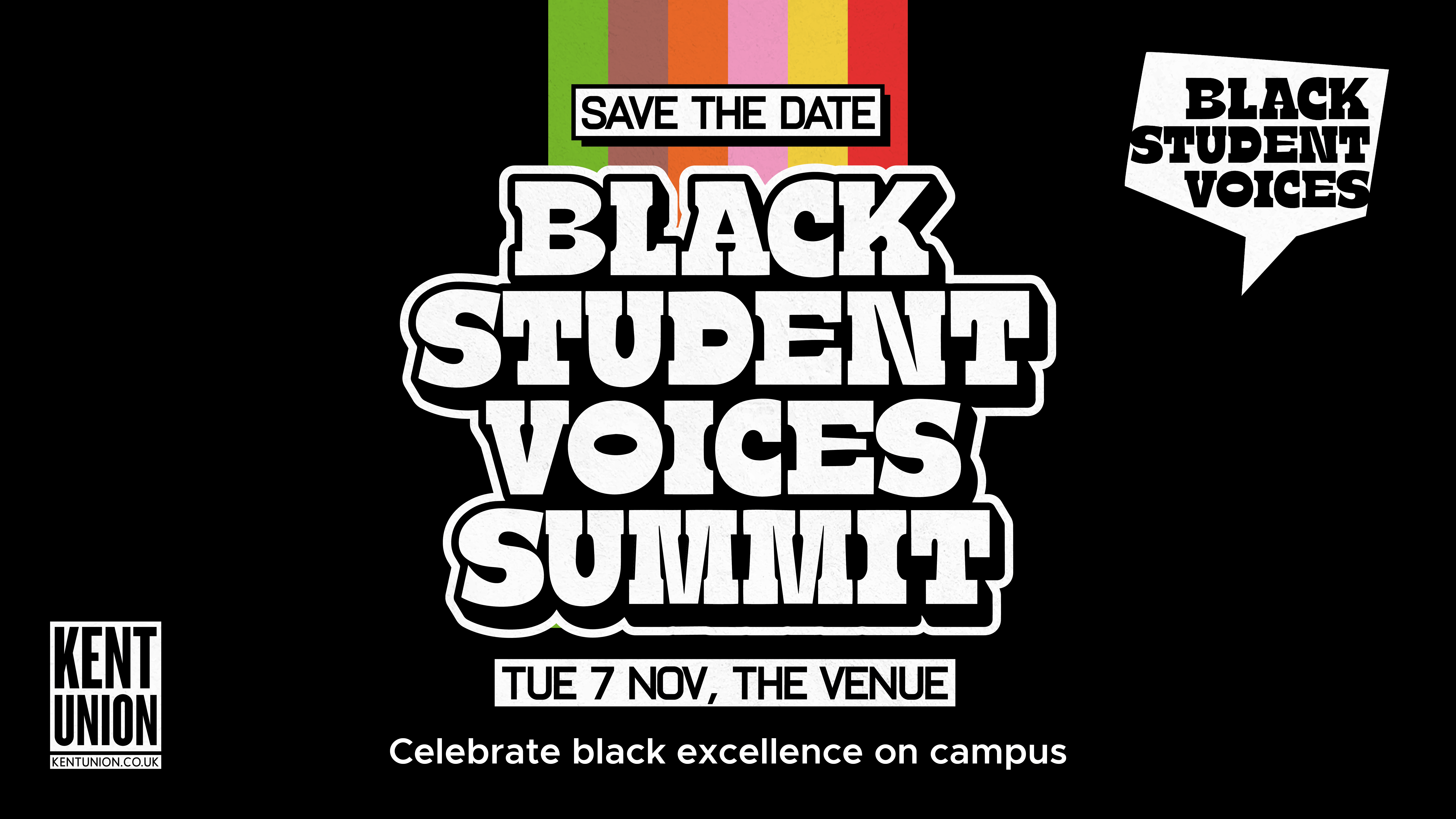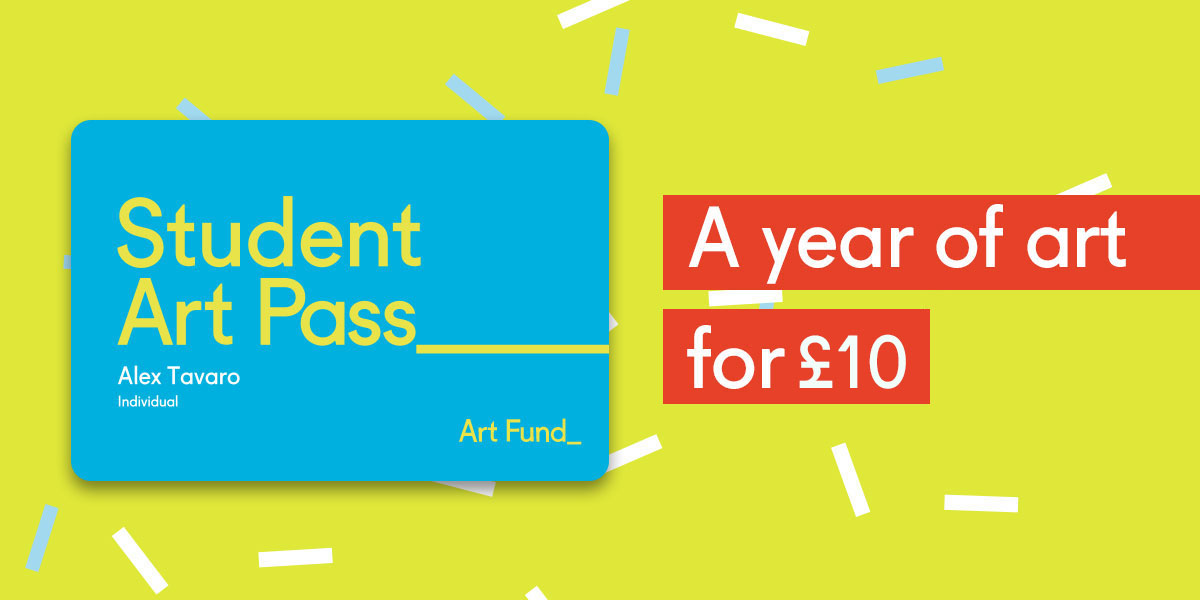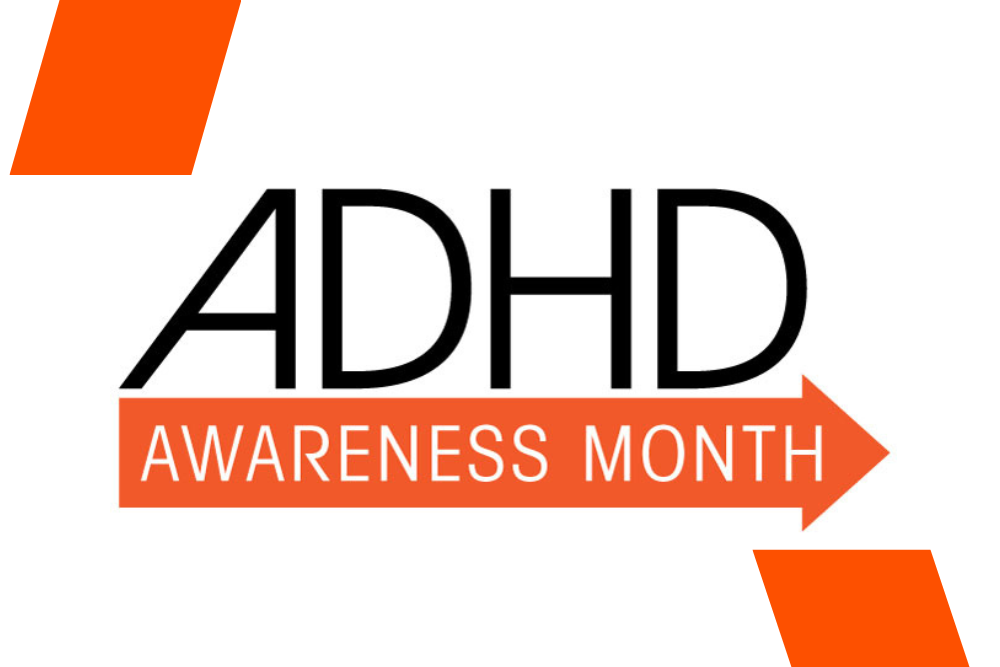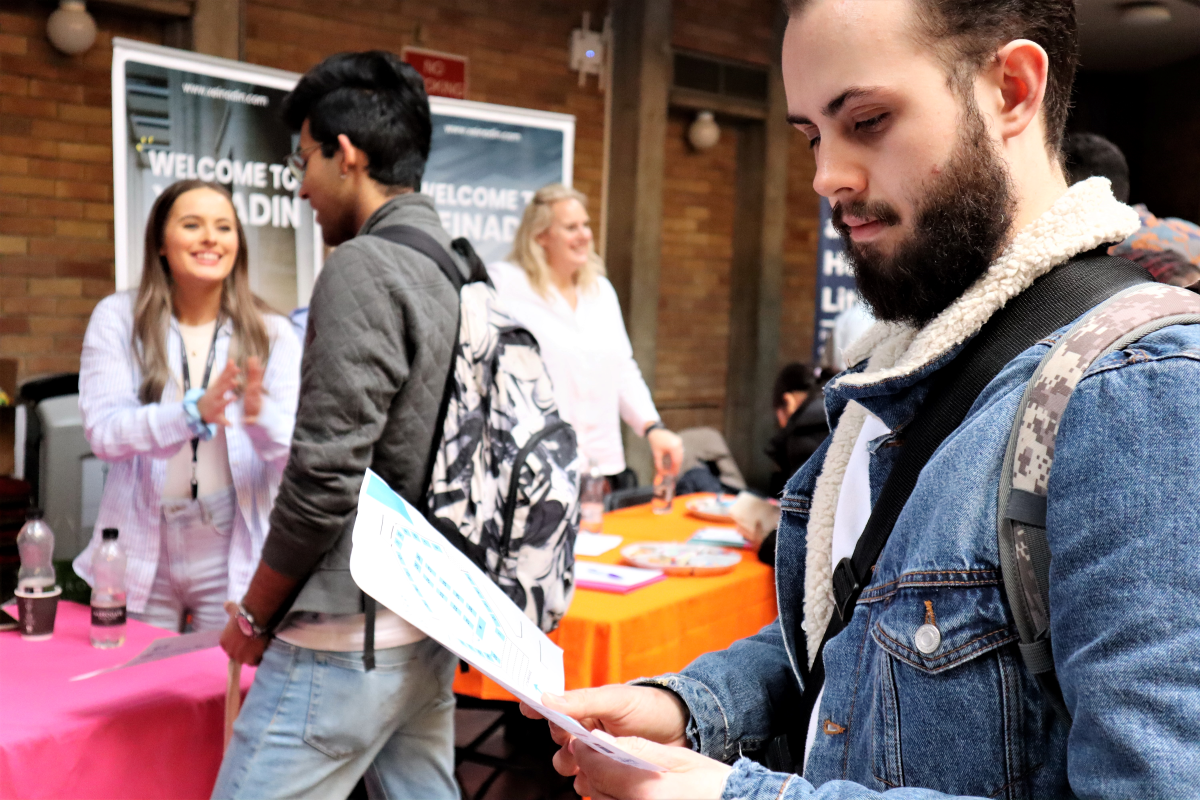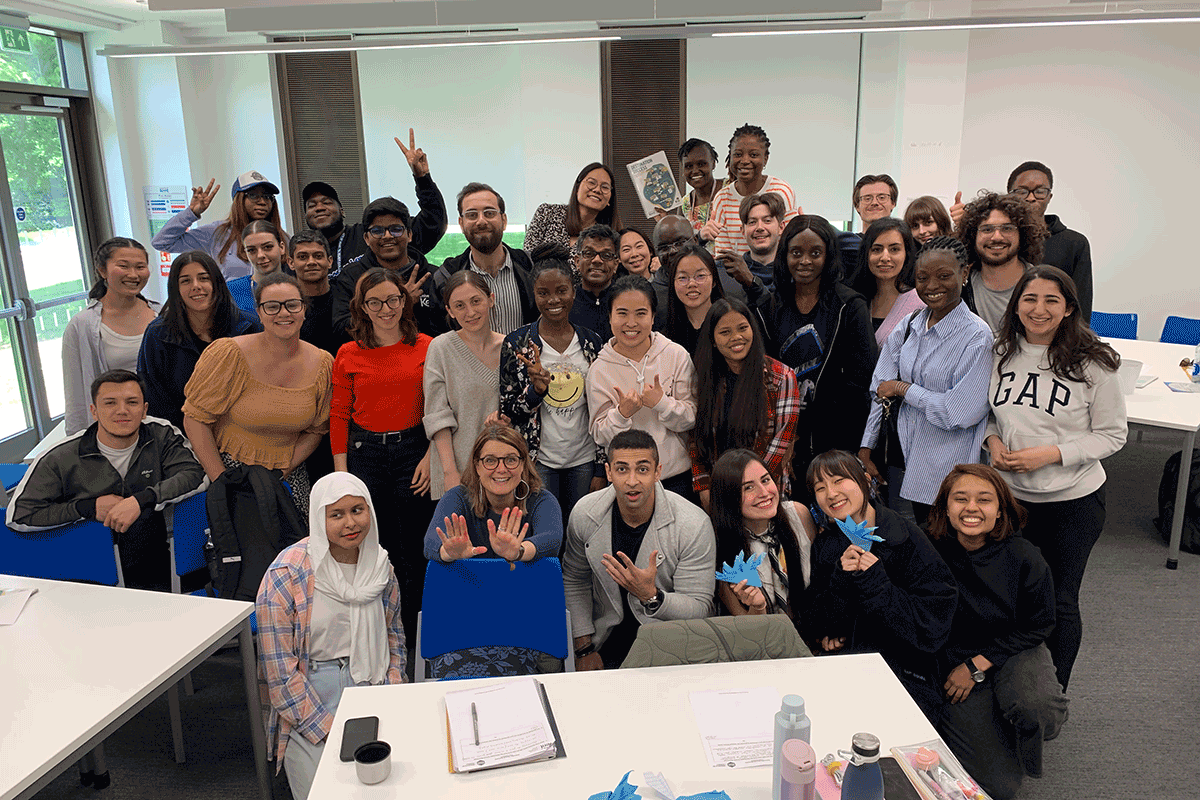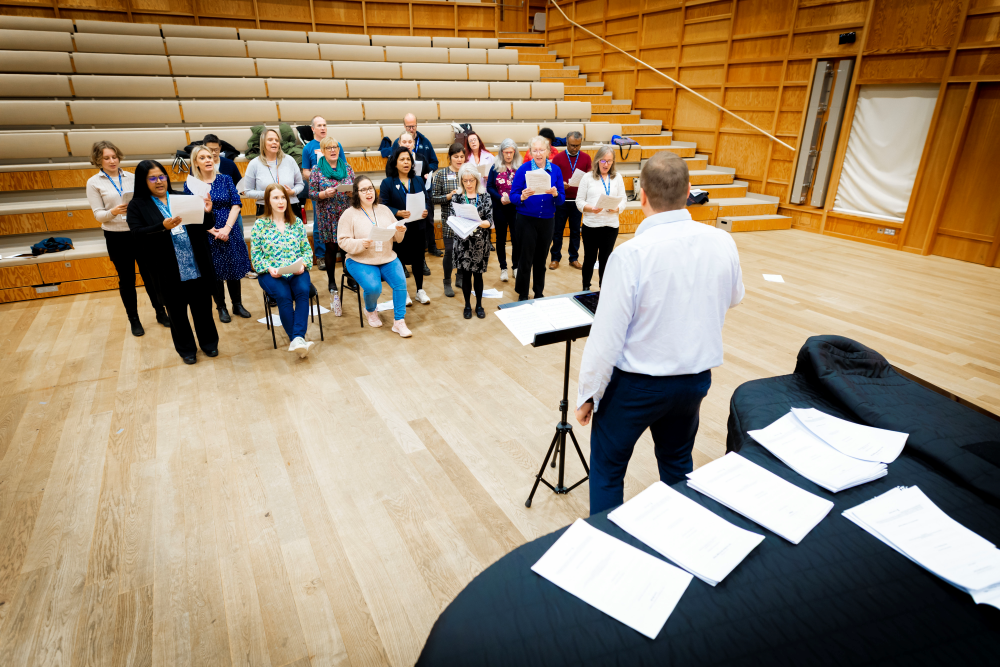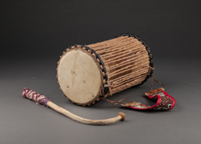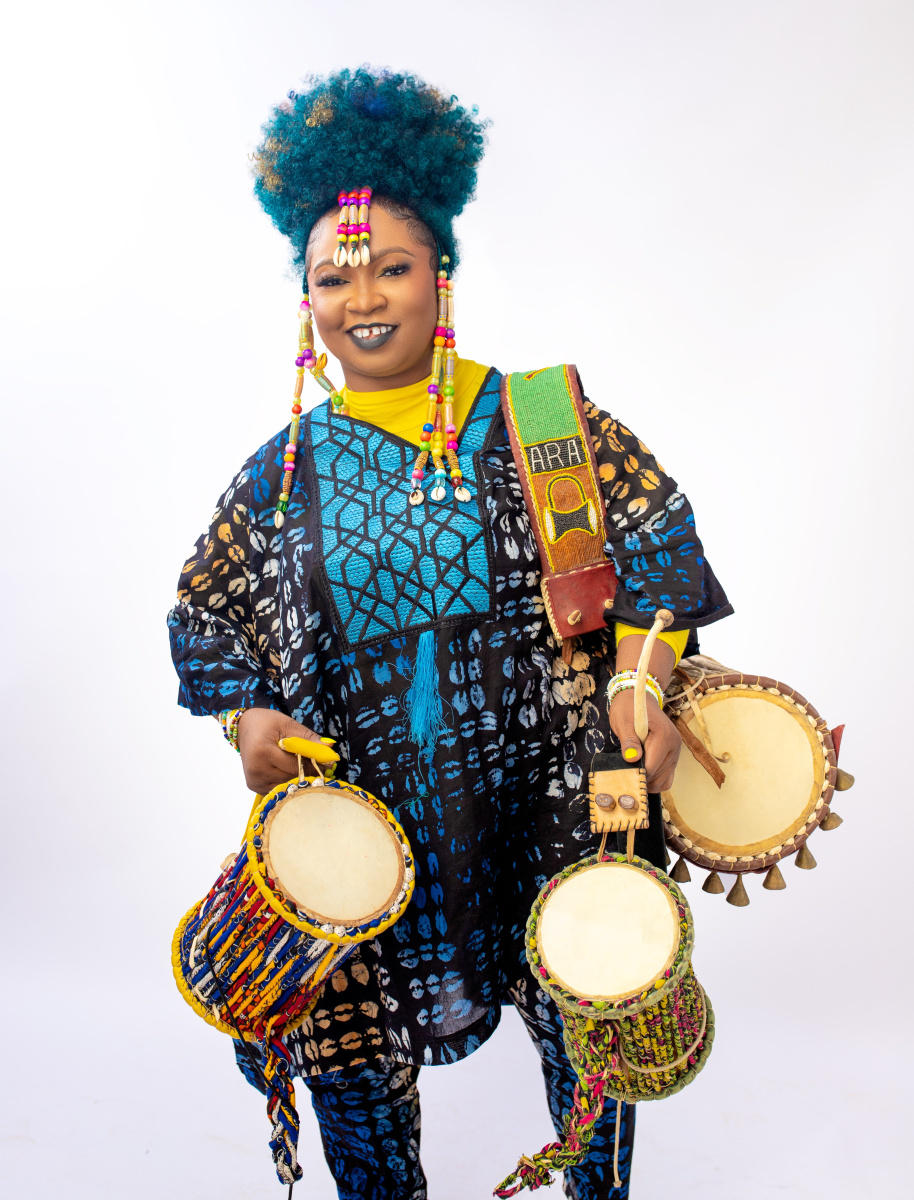#KNOWLEDGESHIFT by Dr Yetunde Kolajo
Welcome to Week 3 of BHM 2023!
Let’s talk about food, I hope you’re hungry!!!
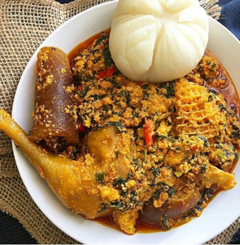
Nigerian Fufu and Egusi soup
This week’s blog is another great opportunity to celebrate BHM theme of ‘saluting our sisters’.
Food plays a significant role in defining and differentiating black culture. It is often said that food is the gateway to the soul, bringing families and friends together, regardless of how much or little one may have. The love and connection shared over dinner tables are truly priceless.

Nigerian Sweet Red Beans and Plantain
The role of black women as masters of the kitchen and the significance of cooking meals for their families is embedded in most African cultures. Food and cooking are often used symbolically in most black cultures to represent a range of themes, from love and nurturing to cultural preservation and resistance. The history of African food exemplifies how preparing food becomes a symbol of survival and familial bonds in the face of adversity. There are numerous talented black female chefs, food authors, and bloggers in the world of black food cuisine, and a significant number of them own their own restaurants.

Nigerian Okra Soup
Diverse Origins: Black cuisine is not monolithic. Black cuisine is a rich and diverse culinary tradition that encompasses a wide range of dishes, flavours, and ingredients. It has diverse origins and has been influenced by various cultures and cuisines of African, Caribbean, Southern American, and European culinary traditions. Understanding the regional differences is important. Black cuisine is also a celebration of resilience and creativity, as it is often associated with communities that have been historically marginalised and oppressed.
Black food is a celebration of culture and heritage. It is diverse and delicious, known for its bold flavours and use of fresh ingredients. Black cuisine reflects resilience and creativity and serves as a unifier for communities. It is often associated with family gatherings and community celebrations, as it offers a way to come together and celebrate shared culture and heritage.
Here are some interesting facts about black food:
African Roots: Many dishes in Black cuisine have their roots in West African cooking, such as jollof rice, okra soup, and fufu. Learning about the ingredients and cooking techniques from Africa is essential.
Soul Food: Soul food is a popular subset of Black cuisine, known for its comfort dishes like fried chicken, collard greens, cornbread, and macaroni and cheese. Understanding the history and significance of these dishes is important.
Caribbean Influence: Caribbean cuisine, with its emphasis on tropical ingredients like coconut, plantains, and spices, has greatly influenced Black cuisine. Learning about dishes like jerk chicken, roti, and callaloo provides broader insight.
Creole and Cajun Cuisine: Creole and Cajun cuisines, with their mix of African, French, Spanish, and Indigenous American influences, play a significant role in Black cuisine, particularly in Louisiana, USA. Dishes like gumbo, jambalaya, and étouffée are worth exploring.
African-American Traditions: African-Americans have their own unique culinary traditions, often referred to as Southern cuisine. This includes dishes like collard greens, black-eyed peas, and sweet potato pie. Understanding the historical context of these dishes is crucial.
Ingredients: Essential ingredients in Black cuisine are endless, such as okra, yams, black-eyed peas, collard greens, and various spices and seasonings like cayenne pepper, allspice, and thyme.

Nigerian Jollof Rice with Plantain and Beef
Are you interested in preparing a delicious Nigerian Jollof Rice meal? Check out this link for a recipe.
Last series was about African Talking Drums and I hope this week’s #KNOWLEDGESHIFT with focus on the unique and fascinating aspects of Black cuisine you have found intriguing and informative. I trust that I have piqued your interest and appetite and provided valuable insights into the world of African cuisine. I encourage you to find an African Caribbean restaurant near you to try some of the delicious beautiful delicacies that black cuisine has to offer. Yum! See you in Week 4
